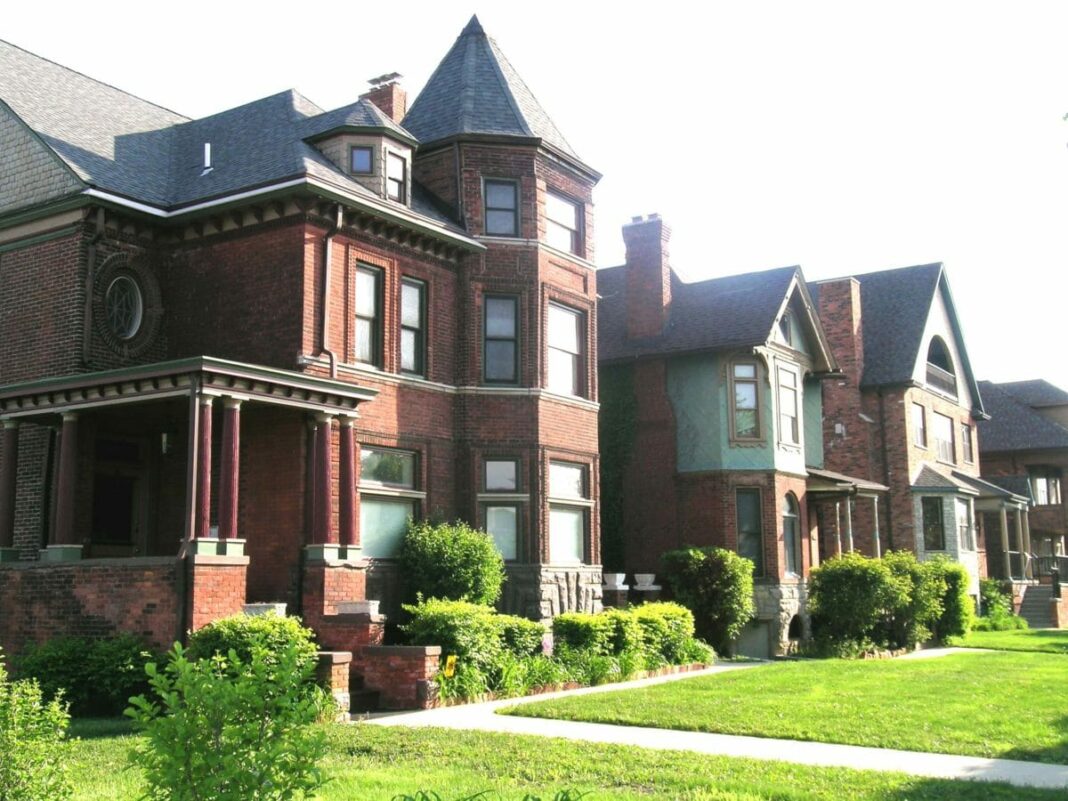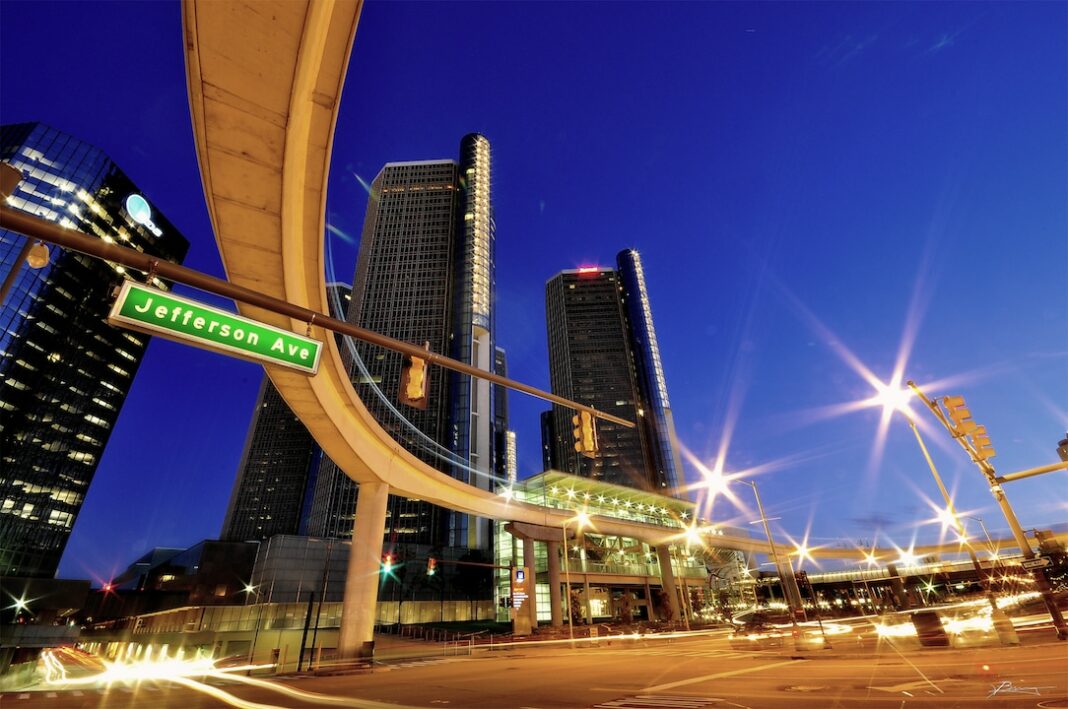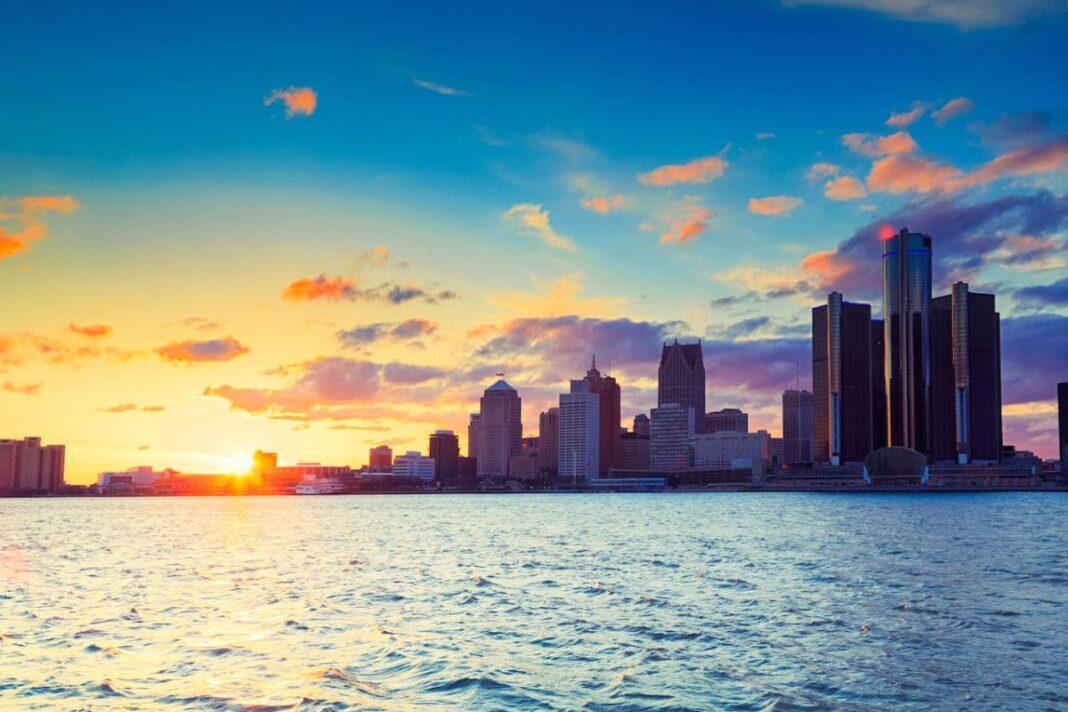
Detroit, the Motor City and the home of Motown music, has been one of the most important centers of industry in American history. Over the past few decades, though, this city’s legacy has been turning into one of affordable living, fine dining, music, and arts. Though Detroit has suffered from a loss of jobs, an increase in crime, and a decline in population, this unique city is starting to see an amazing revitalization. Strong communities and dedicated residents who love their city have helped Detroit begin to thrive again. If you’re planning on making a move to this Midwest city, read on to see what you need to know about living in Detroit.
Renting in Detroit
Like any city, you can expect to find rent prices to be more expensive around the downtown area. Overall, though, housing in Detroit is extremely affordable. The average rent price for a one bedroom apartment in Detroit is $1,120 while two bedroom apartments will average $1,170. Compared to other major cities, Detroit is a much more affordable city for renting. On our list of 100 cities ranked for average rental data, Detroit is currently ranked 62.
Where to live in Detroit
The best neighborhoods to live in Detroit are diverse, friendly, and feature tight-knit communities. As you plan your move, it’s important to find out the pros and cons of every neighborhood. Some places are great for families, while others are perfect for young, single people looking to enjoy the vibrant nightlife of the city. Here are a few pointers about Detroit’s popular neighborhoods.
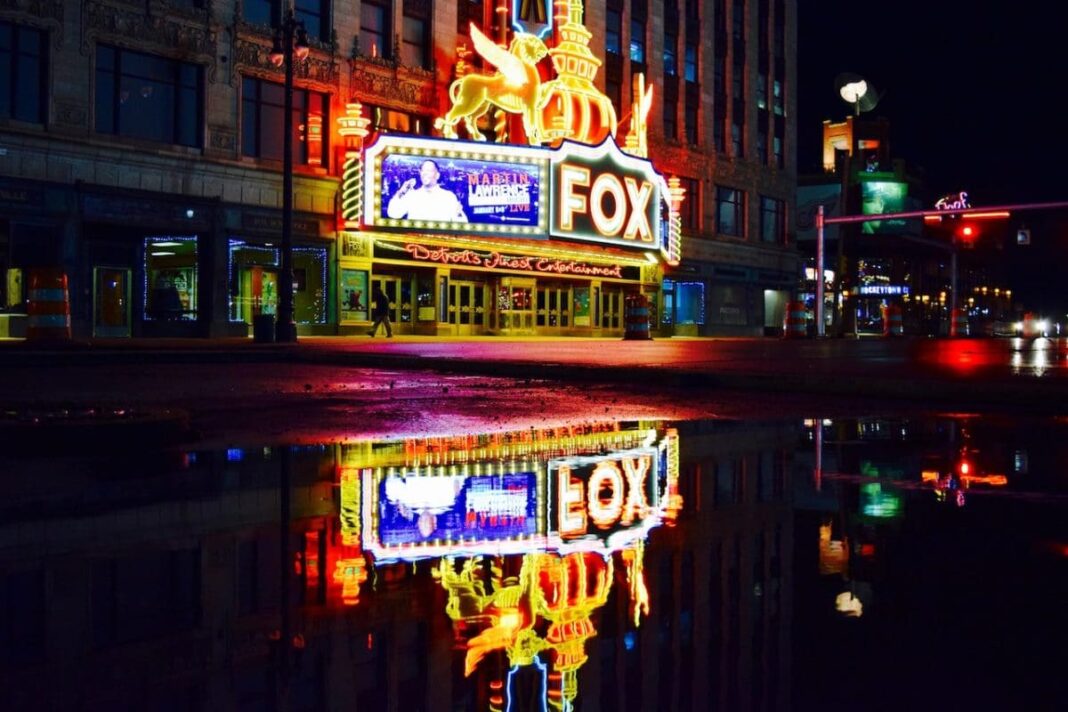
Midtown and Downtown
Both Downtown Detroit, and its northern neighbor Midtown, are experiencing an influx of restaurants, new development, and culture. Home to Wayne State University, the Riverwalk, sports stadiums, and many great museums, parks, and cultural sites, these two neighborhoods are great for those who want to be close to all the action. The Charles H. Wright Museum of African American History, Detroit Historical Museum and Michigan Science Center are all nearby, and public transportation makes getting around this neighborhood a breeze.
Grandmont-Rosedale
Located in the northwestern portion of the city, Grandmont-Rosedale is comprised of five smaller neighborhoods, Rosedale Park, North Rosedale Park, Minock Park, Grandmont, and Grandmont #1. This mostly residential area is loaded with tree-lined streets, lively parks, and beautiful architecture. Grand River Avenue runs through the heart of this area and features many casual dining restaurants and shops. Each of the individual neighborhoods that make up Grandmont-Rosedale have a unique character, but they are tied together by their strong community feel.
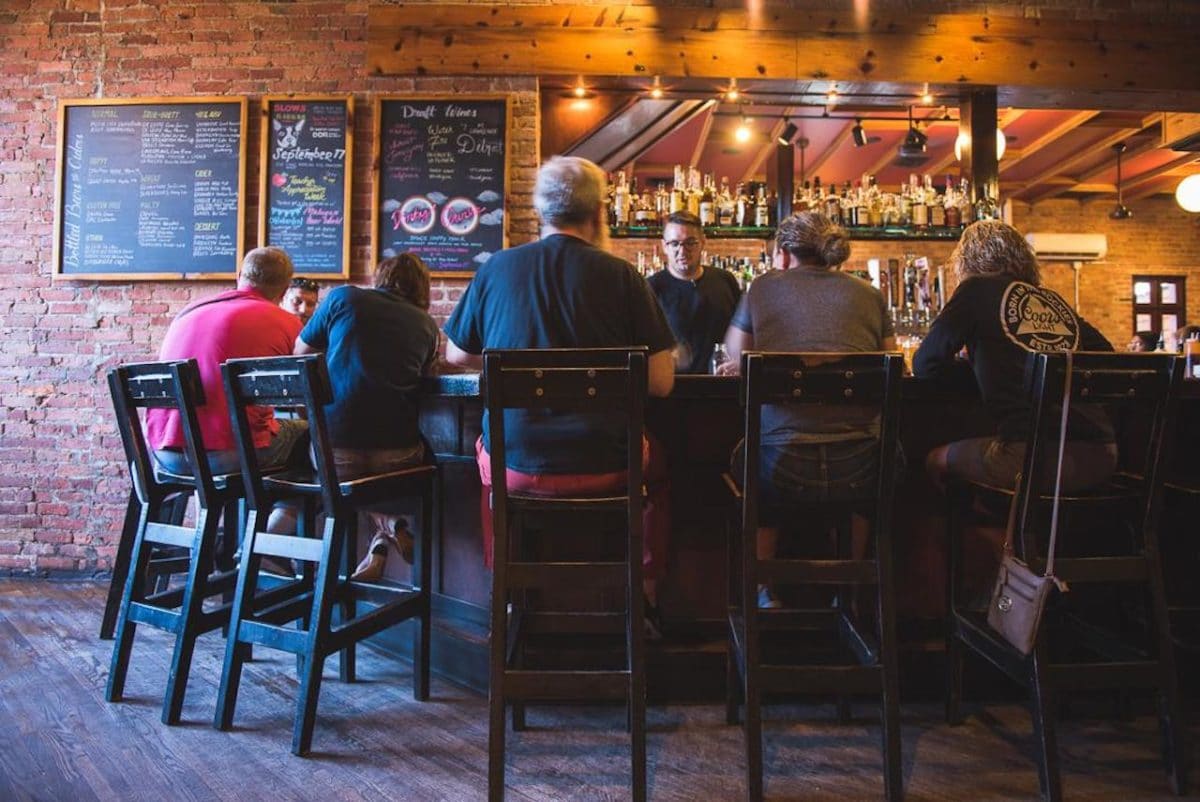
Corktown
Located just west of Downtown, Corktown is one of the trendiest neighborhoods in Detroit. Coffee shops, breweries, and BBQ joints along Michigan Ave. and the surrounding blocks make Corktown a popular hangout for young and old alike. If you like the proximity to the downtown area, and you’re into Detroit’s rich history (Corktown happens to be Detroit’s oldest neighborhood), this is definitely the spot for you.
Sherwood Forest
If you head to the northern part of the city, you’ll find Sherwood Forest. Historic and stately houses shaded by plenty of trees give this neighborhood a more suburban feel. This is a higher-income neighborhood further away from the heart of downtown, but the safety and stability it offers are a priority for many residents.
Jefferson–Chalmers Historic Business District
Located on the mouth of the Detroit River, the Jefferson–Chalmers Historic Business District is in the midst of a facelift. More restaurants and shops are moving into the Jefferson Avenue corridor, and once-abandoned historic houses and structures are again being occupied. The southernmost area of the neighborhood runs along the Detroit River, and a series of canals leads into residential areas.
The job industry in Detroit
Known as the ‘Motor City’ it will come as no surprise that the main industry in Detroit is the Automotive industry. Home of General Motors, Ford Motor Company and Fiat Chrysler, there are many opportunities for careers in automotive manufacturing in Detroit. However, there has also been employment growth in business, construction, education, and health services. The average annual salary for individuals living in Detroit is $54,940.
How to get around in Detroit

Because Detroit was a town that was built around the auto industry, the streets of the city were built to handle a lot of cars. Public transportation isn’t as widespread in Detroit as it is in other cities of a similar size, but a few plans are in the works to improve public transit in the city. Detroit Department of Transportation (DDOT) operates bus service and is the most convenient way to get around the city if you want to skip using your personal car. The Michigan Department of Transportation (MDOT) operates the QLINE, which runs along Woodward Avenue, and Detroit People Mover encircles downtown. Both of these options are great for getting around in the Downtown area.
Things to see and do in Detroit
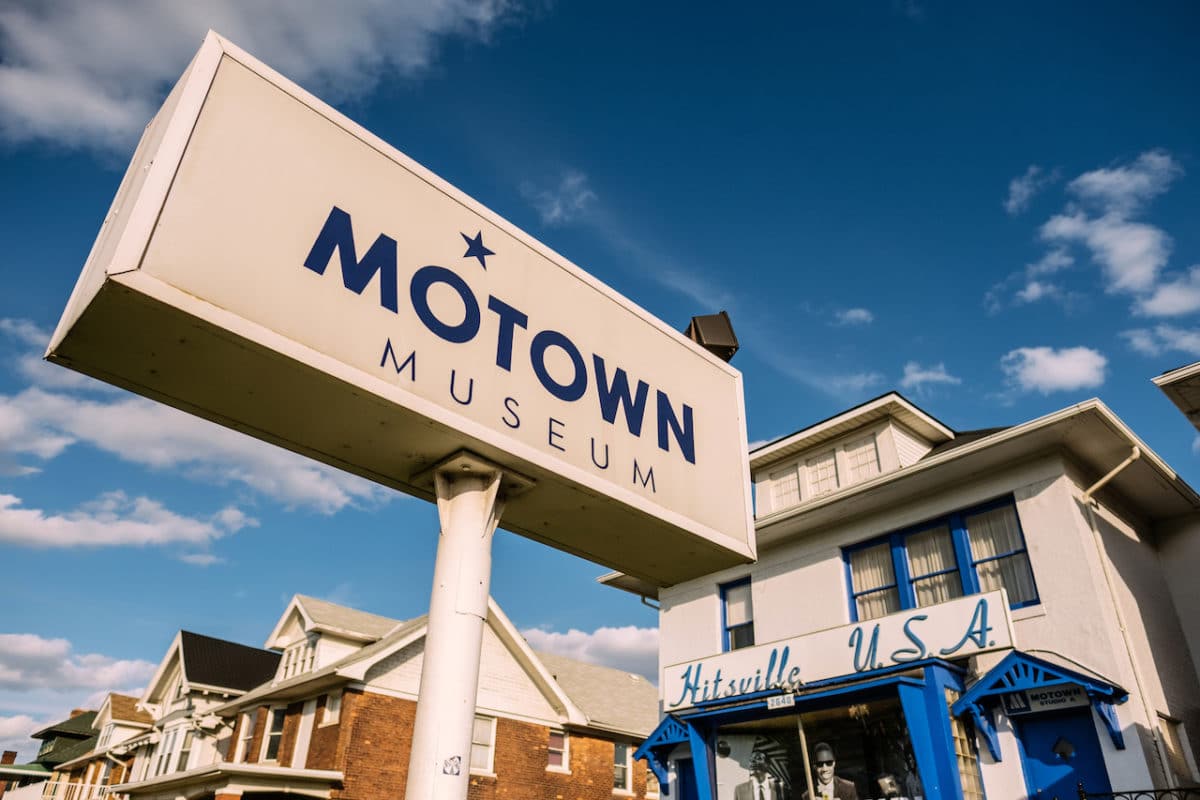
Must see Detroit attractions
- Detroit Zoo – a family-friendly attraction for animal lovers of all ages. Check out the tigers, gorillas, and kangaroos, feed a giraffe, or experience a show in 4-D.
- Motown Museum – music fans will love the historic and interesting exhibits at the Motown Museum. The museum building, known as Hitsville U.S.A., was formerly Motown’s most famous recording studio.
- Detroit Opera House – this grandiose building is one of many famous theaters in Detroit. Home to the Michigan Opera Theater, the building overlooks Grand Circus Park, and is in close proximity to other cultural sights.
- Charles H. Wright Museum of African American History – founded in 1965, this museum is home to world’s largest permanent exhibit of African American culture.
Must eat Detroit food
- Selden Standard – Stylish atmosphere serving locally sourced small plates and craft cocktails
- Grey Ghost Detroit – Modern and hip spot specializing in steaks and cocktails
- Buddy’s Pizza – Home of the ‘Detroit style’ pizza
- The Whitney – Detroits most iconic Mansion, home to exquisite food and spooky vibes
The weather in Detroit
Like most cities on the East coast, the weather in Detroit will be cold in the winter, and generally hot and humid in the summer. The Detroit River gives residents plenty of opportunity to cool off in the summer months. In the winter, be prepared for snow accumulation and lower temperatures. The average temperature in the summer months in Detroit is 82 degrees, and the average temperature in the winter is 33 degrees.
Fun facts about Detroit
- Music lovers, listen up. In addition to being the birthplace of Motown, techno music originated in Detroit during the late 1980s.
- The Red Wings, Detroit’s hockey team, have won 11 Stanley Cup championships. Sports lovers are definitely at home in Detroit.
- You might have heard Detroit called the Potato Chip Capital. That’s because residents here eat more potato chips than any other city in the world.
There are plenty of great things about living in Detroit – its lively theater scene, world-class shopping and dining, and close-knit community. If you’re looking to find your next place in Detroit and call this city home, know that you can be a vital part of the redevelopment and rebirth of this great American city.

